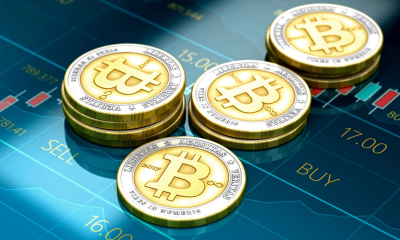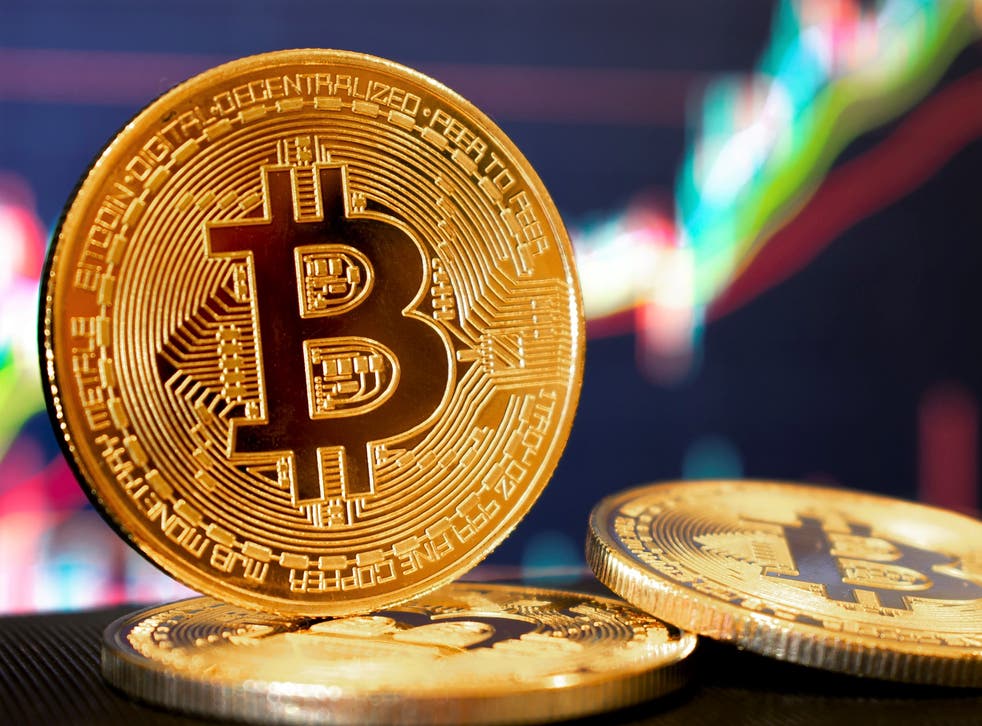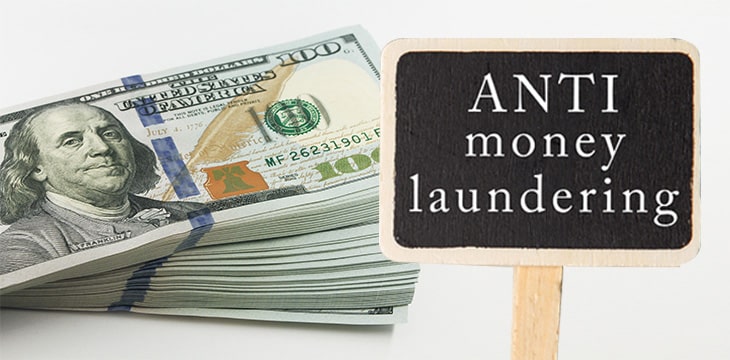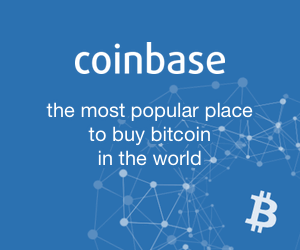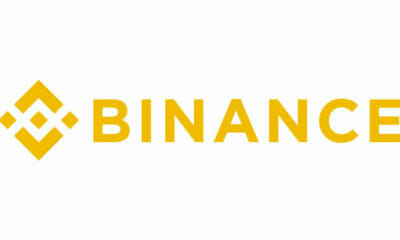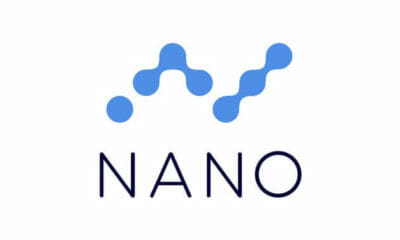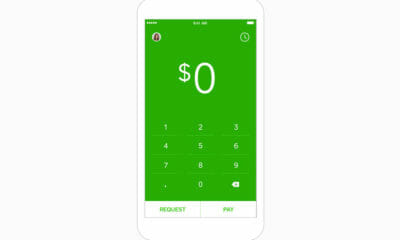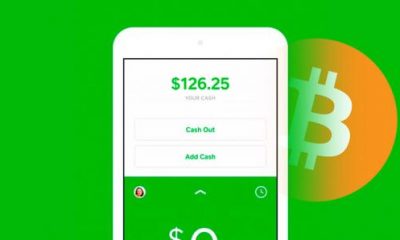Bitcoin was not the only digital currency that rallied Tuesday. At one point during Tuesday’s U.S. trading session, litecoin was higher by about 15% after crypto startup Abra said it is expanding its use of litecoin to bolster the company’s exchange and wallet offerings.
In a session on Reddit on Monday, Abra CEO Bill Barhydt said, “We went with Litecoin as the second asset class, after bitcoin, for our smart contract investing solution for 3 primary reasons: 1. commitment to bitcoin compatibility: core roadmap, p2sh support, lightning support, etc; 2. slightly better scalability than bitcoin in short term (block size and block times); 3. mining fees which are primarily a function of #2 although this is more of a short term benefit as mining fees would likely sky rocket if we’re successful anyway!”
The news first broke late last month, but gained more attraction ahead of Barhydt’s Reddit session. Charlie Lee, founder of Litecoin, had recently been touting a major announcement regarding the digital currency. With a market value of around $7.40 billion, litecoin is one of the largest digital currencies after bitcoin.
“P2SH (supported in Bitcoin, Litecoin and Bitcoin Cash) is the perfect model for simulating our synthetic CFD. It’s secure, easier to work with and more liquid than ether for our purposes. We may support native ether via this model in the future but don’t have any immediate plans to announce such news,” said Barhydt on Reddit.
More On Abra And Litecoin
Abra has raised $40 million in venture funding from the likes of American Express, Fidelity’s venture capital arm, and Foxconn, the major Apple supplier.
“Abra is the only global app that allows you to buy, store, and invest in 20 cryptocurrencies in one place. Fund your wallet on your mobile phone with fiat or bitcoin. Then invest in bitcoin, ethereum, ripple, bitcoin cash, litecoin, dash, and many more cryptocurrencies – instantly,” according to the company’s web site.
Lee, a former Google engineer, created Litecoin in 2011 to be something of a silver to bitcoin’s gold. Litecoin features faster coin generation than bitcoin and the former’s algorithm is script-based rather than the SHA-256 behind bitcoin’s algorithm. Litecoin is more easily obtained than bitcoin.
The price of litecoin would have to more than double from current levels to return to the 52-week high of over $365.



